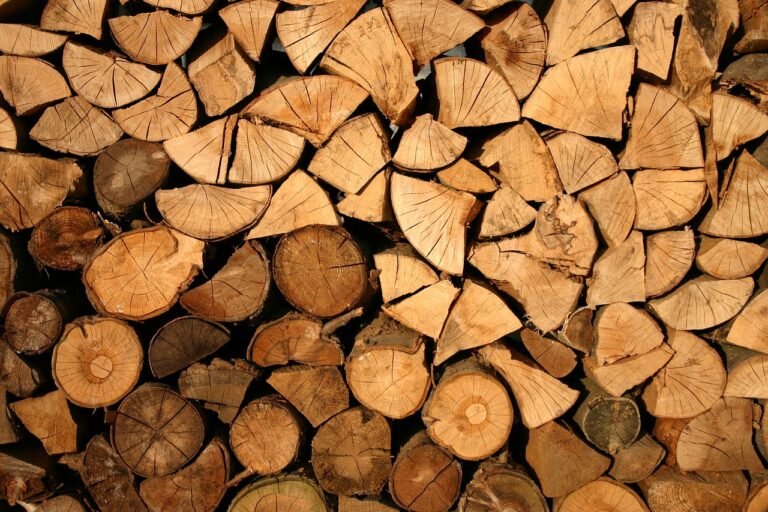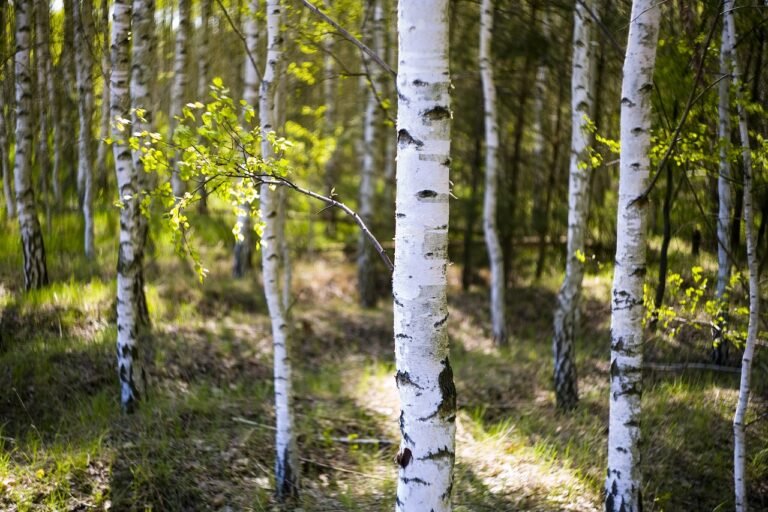Order Direct from the Manufacturer
Can I mix different types of wood fuel in my fireplace?
Many homes across the United Kingdom now have modern multi-fuel stoves installed in homes. The name suggests that the appliance can burn a variety of fuels, including wood or coal. While this is true, we do not recommend burning more than one type of fuel at a time.
Seasoned wood, wood briquettes, kiln dried logs and coal all burn differently. Wood requires air from above to help with combustion, while coal requires air from below. Your multi-fuel stove will have a grate that allows the air to circulate below the fuel, allowing any ash to drop to a tray below. If you try and burn wood and a solid fuel, you will have both competing for the air inside the stove.
A Dangerous Mix
If you have purchased a multi-fuel stove, then chances are you are planning on trying a variety of different fuels to warm your home. This can be dangerous in the long run and you need to be aware of the dangers. When you mix seasoned wood with coal, the moisture inside the wood mixes with the sulphur in the solid fuel, making it very acidic, corroding stainless steel flue liners.
It’s not uncommon to see brand new flue liners become fire hazards inside of a year because the home owner became complacent about their fuel choice.
Increased Risk of Chimney Fires
Many home owners have the bad habit of reducing the air supply down in their wood burners during the day to slow down the burning process. What you don’t realise when you do this is that you produce more moisture, as there is less air flow inside your stove, this coats the flue liner with more creosote and tar. If you don’t clean the flue regularly, it increases the risk of chimney fire.
What We Recommend
At Thomson Wood Fuel Ltd, we recommend our clients find their preferred fuel and stick to it. We recommend kiln dried logs or our wood briquettes, which are both Ready to Burn certified for immediate use in the UK. What sets our kiln dried logs and briquettes apart is that they have a low moisture content, offering a clean burn, reducing the risk of chimney fires.
We do not recommend that you mix our kiln dried logs with coal or seasoned wood. We recommend only using kiln dried logs to keep your stove, chimney and flue liner clean, prolonging the lifespan of your stove.
Can I Mix Your Logs and Briquettes?
Our kiln dried logs and our wood briquettes are both easy to light, offer excellent heat output, and long burn durations. Unless you run out of logs or briquettes, there is no reason to mix them. Both our logs and briquettes can be used on their own, offering a clean burn, which means less ash and less creosote, making it a safer option for your home. They also produce minimal smoke, so you can use them in smokeless areas.
Need More Information?
Are you still unsure on what fuel to use in your new stove? Are you still unsure why you can’t use our low moisture, Ready to Burn certified, kiln dried logs with seasoned wood? Contact the Thomson Wood Fuel Ltd team and let us answer all your questions today.



